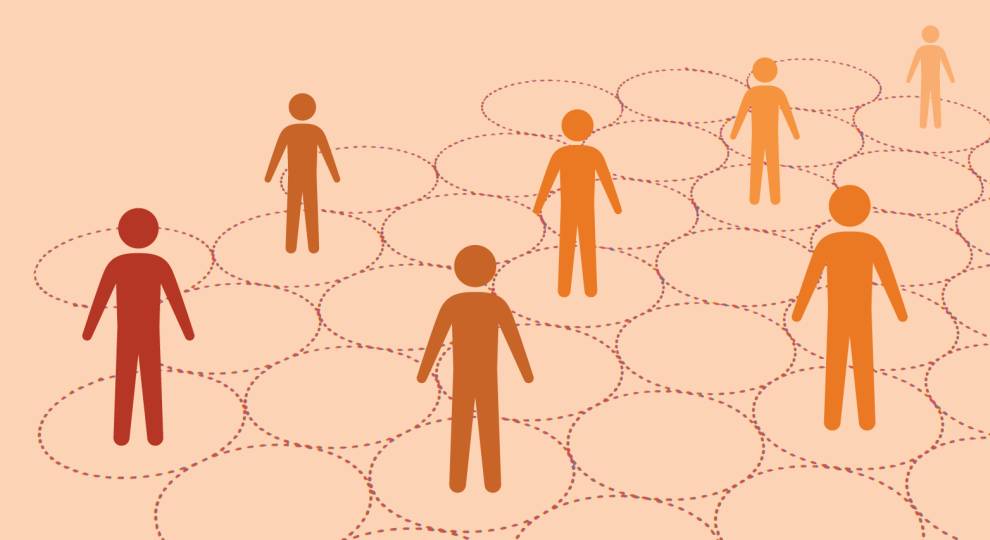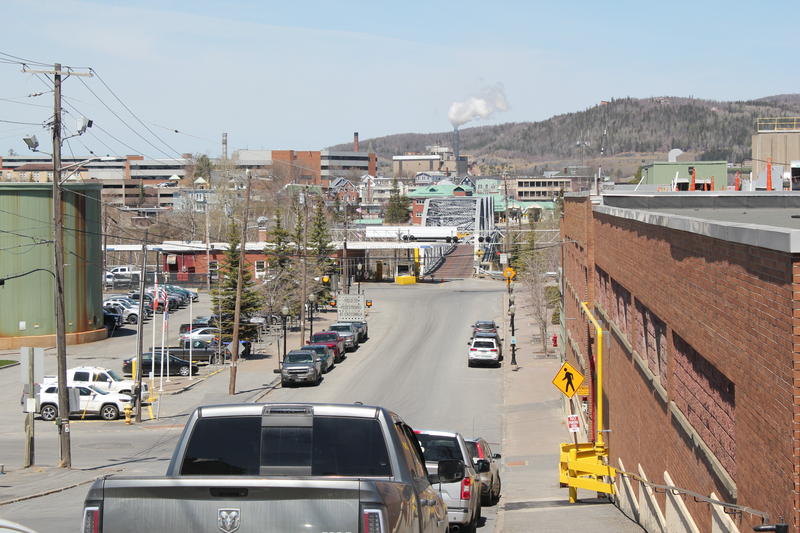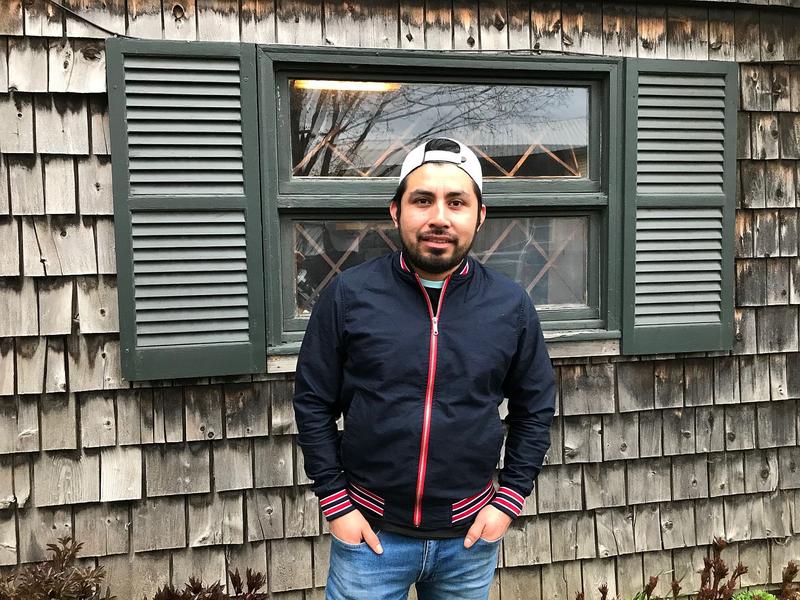Episode 200: Experts Answer Social Distancing Questions; Advocates Seek Aid For Immigrant Dairy Workers
Even as restrictions loosen in New England, uncertainties remain over how to avoid spreading COVID-19. This week on NEXT, medical experts answer listener questions about staying safe in this newest reality. And immigrant workers on Vermont’s dairy farms are considered essential, but they’re not getting coronavirus aid from the government. Plus, a birder coaxes Purple Martins back to Cape Cod.
See A Friend? Merge Social Groups? Medical Experts Answer 10 Questions About What Is Safe

(Images by Getty Images, illustration by Emily Judem/WGBH News)
With the slow easing of public health restrictions in New England, uncertainties about social distancing remain. WGBH Radio’s Gabrielle Emanuel looked to health experts to answer some common questions. Among the questions listeners had: When will I be able to visit my parents? Is it safe to stay in an AirBnb? And is it possible to get COVID-19 when walking behind someone?
Maine And Canada’s Border Communities Feel Unique Impacts Of The Coronavirus Pandemic

Along Maine’s border with Canada, communities on either side are closely connected, historically, culturally, economically. (Robbie Feinberg/Maine Public)
On Maine’s northern border with Canada, communities on both sides are connected historically, culturally and economically. But the COVID-19 pandemic has temporarily severed that connection, as the U.S. and Canada have suspended nonessential travel across the border. Maine Public Radio’s Robbie Feinberg visited the border town of Madawaska to see how the closure is affecting people’s lives and their livelihoods.
“Probably 60 percent of my business is Canadians,” said Tim Lausier, who runs Bob’s Service Center with his sister. “So when they closed the bridge down … we let our workers go. So it’s just my sister and I working the store now.”
‘They Should Include Us’: Vermont’s Immigrant Farmworkers Push For Coronavirus Aid

Uriel, seen here outside his home, has worked on a dairy farm in central Vermont for two years. Uriel is part of an organization that’s asking lawmakers and the governor to help immigrants who have been excluded from existing coronavirus relief programs. (Peter Hirschfeld/VPR)
Vermont’s dairy industry has been hard hit by the coronavirus pandemic. A sudden drop in milk prices due to COVID-19 has forced some farmers to scale back operations or close down altogether, which has led to a loss of jobs, income and even housing for the immigrant workers that keep dairy farms running in the state. But as Vermont Public Radio’s Peter Hirschfeld reports, they’ve been excluded from the state and federal aid programs created to help struggling workers.
“We come to this country to be able to work, not with the idea of doing anything bad, just to contribute. And during these times in particular, we’ve seen that we’re essential, they call us essential,” Uriel, a farm worker in central Vermont, told VPR in Spanish. “We’ve seen they’ve created a fund for the community, but, unfortunately, we’ve been excluded from that fund.”
Welcome Back To The Office. Please Don’t Touch Anything.

From inside the entrance to the Cambridge Innovation Center at 1 Broadway, Tim Rowe waves his hand over a sensor to open the door. (Robin Lubbock/WBUR)
Offices are beginning to reopen after being shuttered for two months during the pandemic. But getting back to business doesn’t mean business as usual — now, there are fewer workers in the building and new safety measures. WBUR‘s Callum Borchers took a tour of the Cambridge Innovation Center in Massachusetts, which is taking some creative measures to try to keep people healthy as they return to the office.
NEXT Wants to Hear From You:
Now that restrictions are loosening and more people are venturing outside, what are you looking forward to doing most? (At a safe distance, of course.) Or do you plan to keep staying at home? Leave a voicemail on our comment line: 860-275-7595. Or shoot us an email at next@ctpublic.org. We look forward to hearing from you.
Also On This Week’s Show:
- The New ‘Beckoning Country’? City Buyers Eye Vermont Property As COVID Sanctuary (VPR)
- Tick Season: What To Do If You Think You Have A Tick-Borne Disease (NHPR)
- This Is What Getting Tested For COVID-19 Feels Like (VPR)
- Atomic Vet Goes Back To Jazz School, AUDIO | VIDEO (Connecticut Public)
- ‘Mother of Purple Martins’ Restores Cape’s Bird Population (WCAI)
About NEXT
NEXT is produced at Connecticut Public Radio
Host/Producer: Morgan Springer
Executive Editor: Vanessa de la Torre
Senior Director: Catie Talarski
Contributors to this episode: Gabrielle Emanuel, Callum Borchers, Robbie Feinberg, Emily Corwin, Peter Hirschfeld, John Dillon, Taylor Quimby, Eve Zuckoff and Diane Orson.
Music: Todd Merrell, “New England” by Goodnight Blue Moon, “Brain Disease” by Anjimile and “FM Radio” by Chelsea Paolini.
New to NEXT? You can find every episode or one you missed within our archives.
We want your feedback! Send critiques, suggestions, questions and ideas to next@ctpublic.org. Help us spread the word! If you like what you hear, rate and review us on iTunes.
Follow us on Facebook and Twitter.
